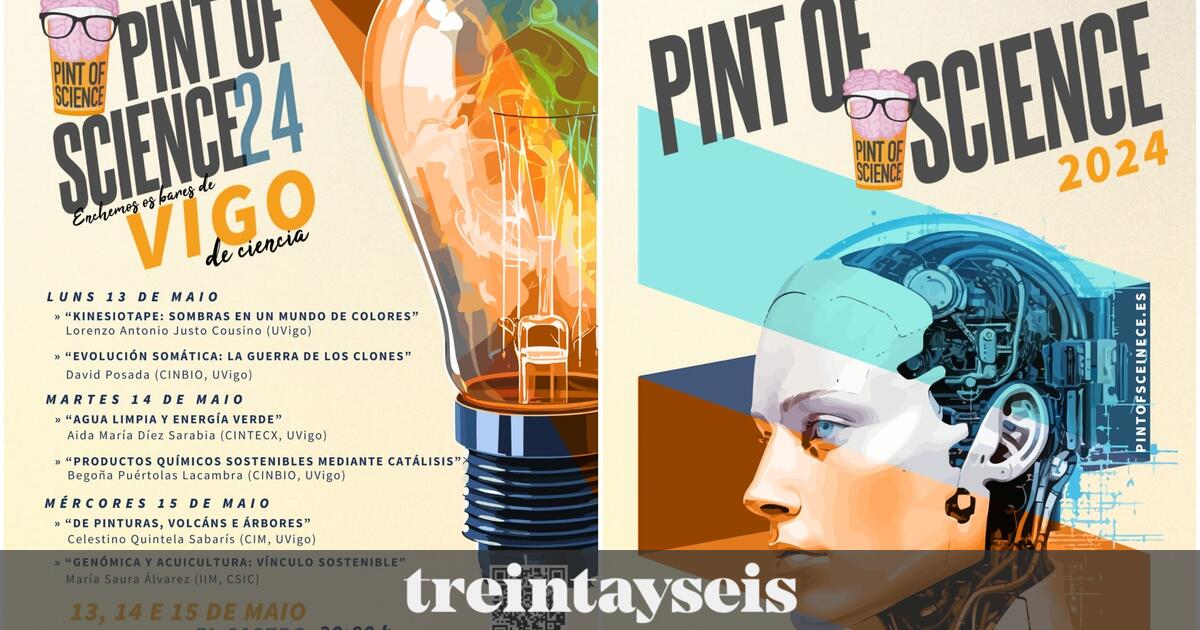Everyone has a bad night from time to time. Getting past problems or worries at the end of the day is detrimental to rest, especially deep sleep. As Charlotte Bronte wrote, “A troubled mind is like a restless pillow.” A good night’s sleep acts as a stimulant. Moreover, it is a recognized fact that sleep serves as a stimulus for learning and memory. Recently, some scientists have discovered that the first stage of deep slow wave sleep is very important.
“If you learn something in the evening, the information learned is reactivated during sleep,” says Björn Rasch, a professor at the University of Freiburg and co-author of the project.noteFunded by Horizon. The Swiss researcher adds that “negative thoughts increase sleep interruptionit makes us wake up earlier than we want and makes our sleep less deep.”
Revitalizing Ideas
However, not all news is bad. According to Rush, who organized an experiment around this idea, positive thoughts can also be reactivated in the brain circuits and sleep improvement in processing.
His experience excited students at his university who took part in the project, who received 50 Swiss francs (52 euros) for each night they comfortably slept in a four-bed sleep lab. The students were connected to an electroencephalogram that tracked brain waves. Their muscles were also observed to determine when they fell asleep and what sleep state they were in.
In his opinion, some relaxation strategies help people sleep better, but they do not affect sleep quality Later. In the test, the researcher had them listen to several inducing hypnotic sounds that were narrated, for example, the movement of a fish swimming in the depths of the sea, and included words suggestive of safety and relaxation.
Subjects spent more time in the deepest phase of slow-wave sleep after listening to hypnotic induction audios. The explanation is that during sleep, there was a greater reactivation of the relaxing and soothing thoughts heard in the phonics,” he explains.
In future studies, Rush hopes to help patients with insomnia. “It will not only help them fall asleep, but also get better rest while they sleep,” he notes. Likewise, this advancement can help people with mental illnesses, such as Post Traumatic Stress Disorderwho find it difficult to sleep.
seahorse and learning
The seahorse-shaped part of the brain, called the hippocampus (from the Greek word for seahorse), is extremely important when it comes to learning and memory. Rodents are frequently used by the scientific community to investigate the hippocampus’ learning and sleeping behavior.
Mice, for example, are especially good at remembering the way to food in the middle of a maze. The hippocampus is an essential component of this process.
Dr. Juan Ramirez Villegas, a postdoctoral fellow at the Austrian Institute of Science and Technology, uses rodents to explore how the mammalian brain works. store memoriesWork that can contribute to the fight against human diseases such as Alzheimer’s disease.
under the projectDreamFunded by Horizon, Ramírez-Villegas discovered that another part of the brain, the brainstem, plays a key role in interacting with the hippocampus and is activated before that. “It appears that the brainstem forms a kind of decoration so that the hippocampus can reactivate memories at different stages of sleep,” he says.
With electrodes, Ramirez-Villegas recorded the mice’s brain activity as they passed a maze, and later while they slept. Sleep allows the brain to replay everyday events and store them as long-term memories. “It is impressive that the cells are activated during sleep in the same order that they were during learning, even though they are more compressed during sleep,” he says.
remembering process
This discovery was astonishing because it indicated that the brainstem can stimulate and modify memory configuration. This appears to be the case in both rodents and primates, and thus likely to be the primary brain mechanism of mammals, including humans.
This research, in addition to being essential to understanding the basic function of the brain, could also bring clinical benefits. “We are revealing the basic principles of memory processes, which can be used to mitigate the effects of diseases that affect memory,” Ramirez Villegas adds.
The research described in this article was funded with funding from the European Union. The article was originally published in . format horizonJournal of Research and Innovation of the European Union.
You can follow Health and wellness country in FacebookAnd the Twitter And the Instagram.





